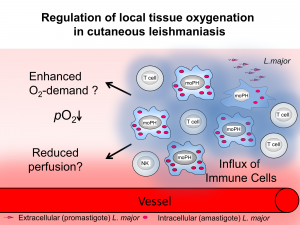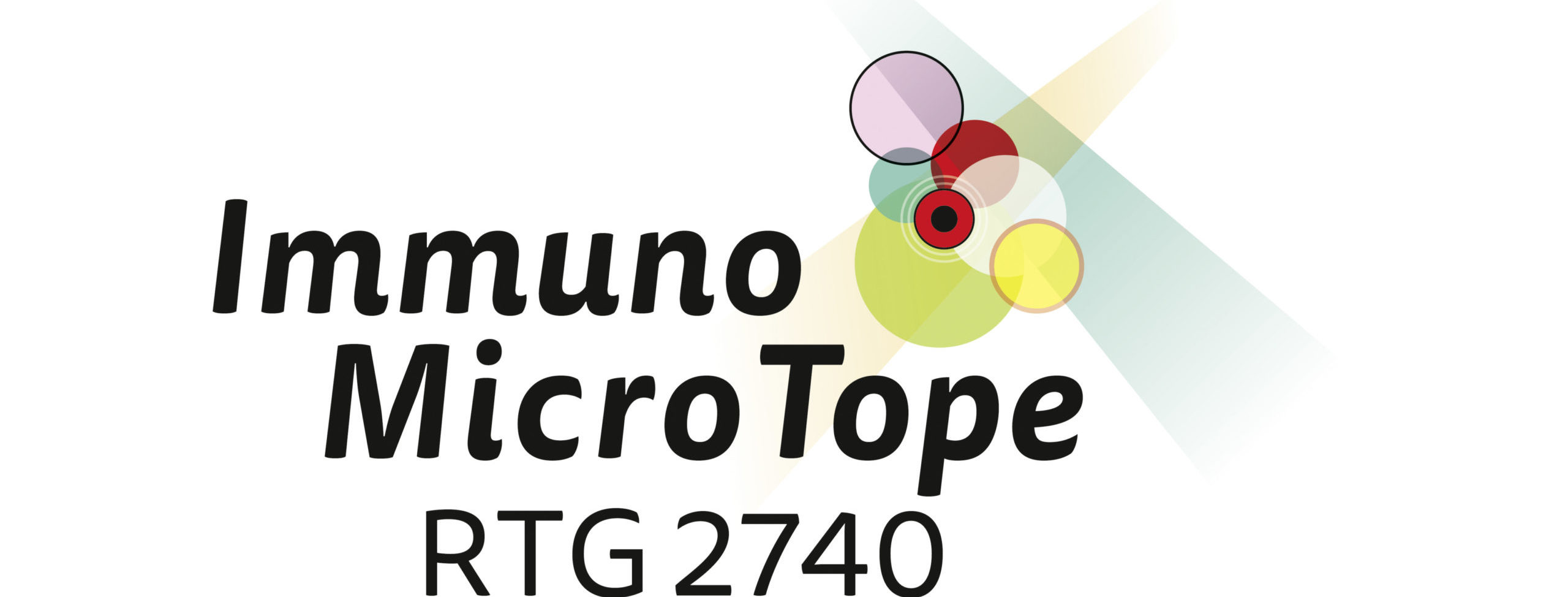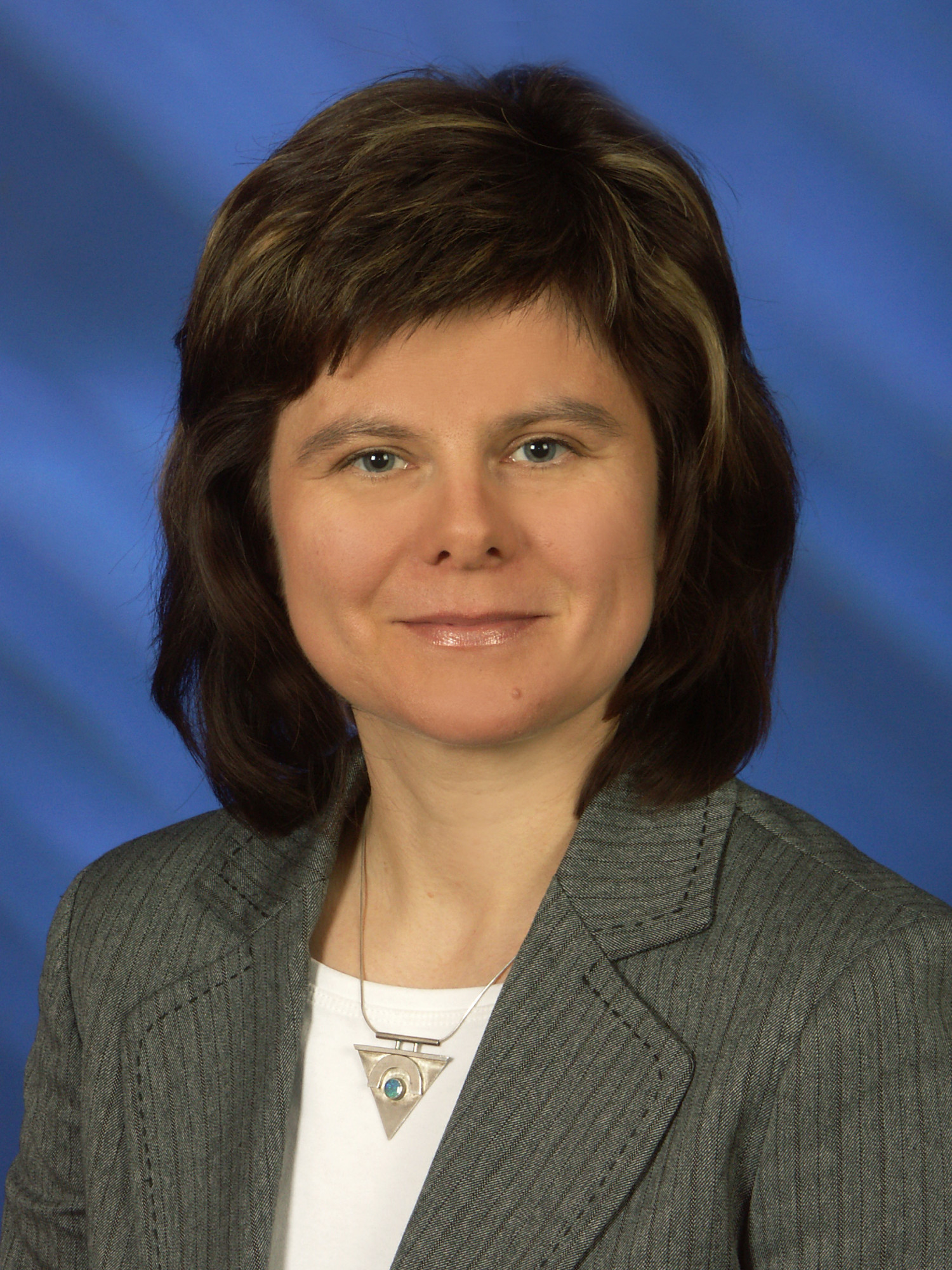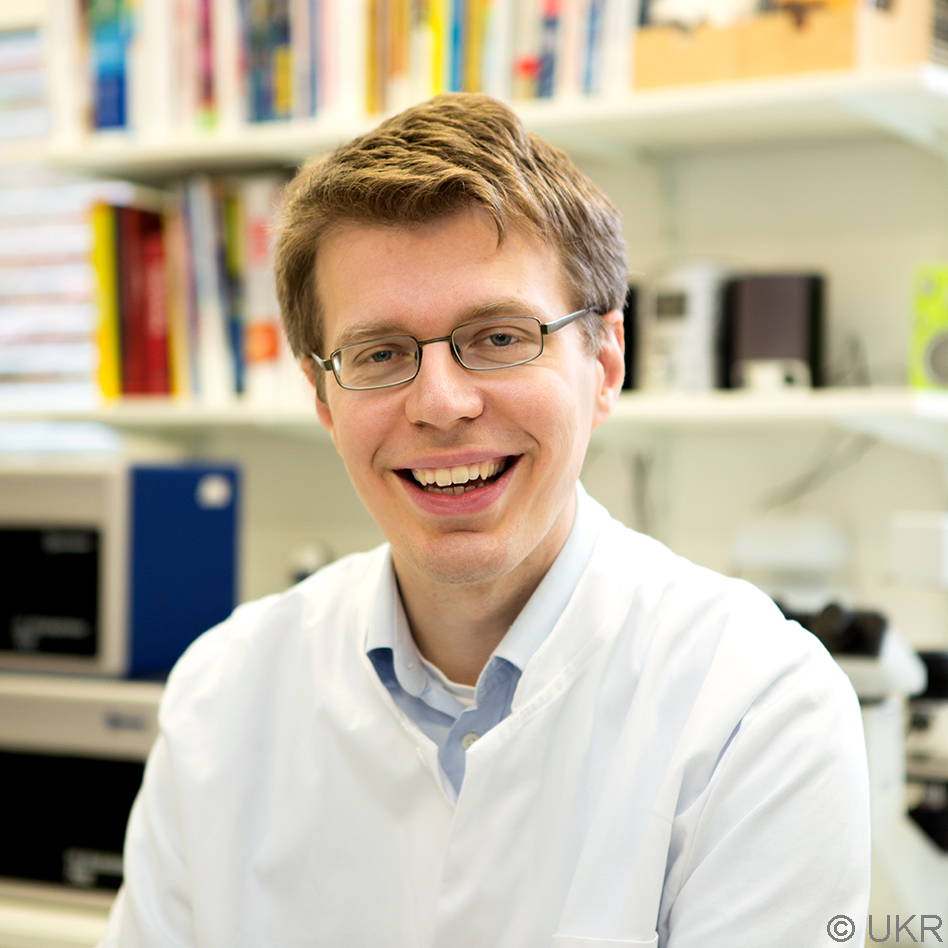A2: Regulation of local tissue oxygenation in cutaneous leishmaniasis
A2: Regulation of local tissue oxygenation in cutaneous leishmaniasis
Tissue oxygenation plays an important role in health and disease. Low oxygen (O2) levels prevail in infected tissues and thereby impair the O2-dependent antimicrobial effectors of professional phagocytes. This can promote the survival and replication of various pathogens including Leishmania (L.) major. Therefore, augmentation of local O2 levels in infected tissue might bear a therapeutic potential.
However, for that purpose a detailed knowledge of the regulatory mechanisms that drive low tissue O2 levels in infected tissues is required first. We found that T cells critically boost local tissue perfusion, metabolism, oxygenation and ultimately resolution of disease. In the next funding period, therefore, we would like to define the molecular mechanisms underlying this novel T cell-dependent host-response. This could lead to novel host-directed therapeutic approaches.

Supervisors
PD Dr. Katja Dettmer-Wilde
93053 Regensburg


